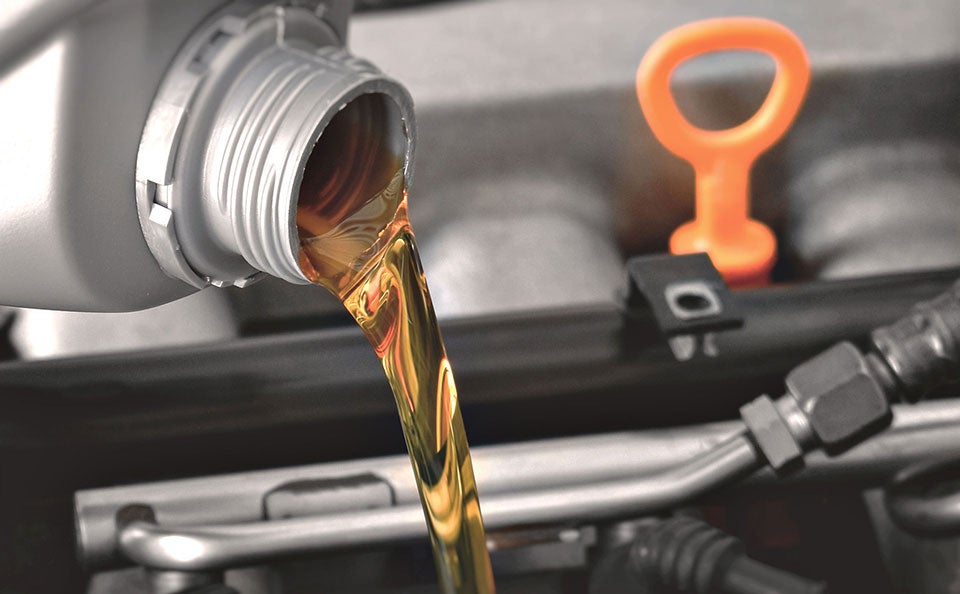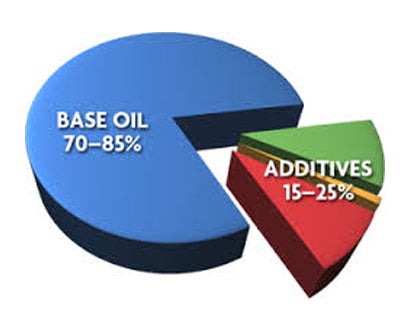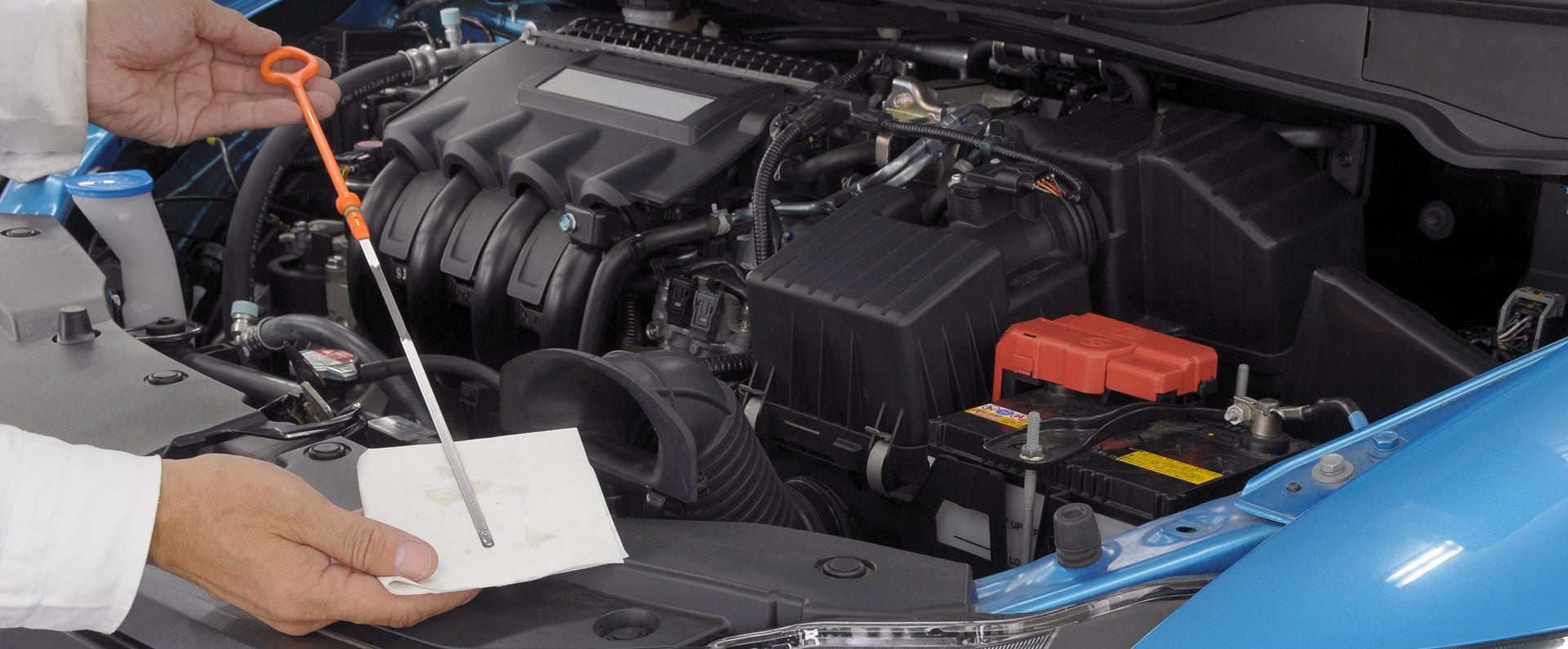Getting An Oil Change

In terms of the upkeep and regular maintenance of your vehicle, oil changes are one of the most important services to have done routinely. The life of your motor will increase with a regularly scheduled oil change, which will keep your vehicle running like new. Who doesn't love that? Without routinely getting your oil changed, you could potentially have to replace your engine down the road, which is very costly.
How often you get an oil change depends on the type of car you have, how new it is, etc. It is recommended that your vehicle gets an oil change about every 5,000 miles, depending on your vehicle's make and model and the severity of your driving conditions. There are some factors that affect how often you need an oil change. If any of the following are true for you, you should consider getting an oil change more often than every 5,000 miles.
- heavy acceleration or high-speed driving
- you live in an extremely hot or cold environment
- you often drive on dirt roads
- your engine is old and burns oil
- your vehicle carries heavy loads
Many people do not know exactly what is involved and the procedures that are completed when they take their vehicle in to get an oil change. Here are the basics of what you can expect during an oil change, so you know what is being put into your vehicle to help it run longer and more efficiently.

| Monday | 9:00AM - 8:30PM |
| Tuesday | 9:00AM - 8:30PM |
| Wednesday | 9:00AM - 8:30PM |
| Thursday | 9:00AM - 8:30PM |
| Friday | 9:00AM - 8:30PM |
| Saturday | 9:00AM - 7:30PM |
| Sunday | Closed |
| Monday | 7:00AM - 7:30PM |
| Tuesday | 7:00AM - 7:30PM |
| Wednesday | 7:00AM - 7:30PM |
| Thursday | 7:00AM - 7:30PM |
| Friday | 7:00AM - 6:00PM |
| Saturday | 7:30AM - 4:00PM |
| Sunday | Closed |
| Monday | 8:00AM - 5:00PM |
| Tuesday | 8:00AM - 5:00PM |
| Wednesday | 8:00AM - 5:00PM |
| Thursday | 8:00AM - 5:00PM |
| Friday | 8:00AM - 5:00PM |
| Saturday | 8:00AM - 4:00PM |
| Sunday | Closed |
BASE OIL AND ADDITIVES
There are two main ingredients in your vehicle's lubricating oil, which are the base oil and additives. The purpose of the base oil is to lubricate the moving parts of the engine. It also helps reduce friction which could lead to excessive wear and tear over time. The role of the additives is to stop the oil from being broken down due to the heat from the engine.
Many steps are taken to make sure the oil is pure enough for your engine. The base oil that is put into your vehicle is refined from crude oil. The crude oil is made pure by refining it and removing contaminants such as sulfur, wax, and nitrogen compounds.

Additives are crucial for proper lubrication and help ensure a long motor life. Without additives, the oil could become contaminated, break down or leak out.
The types of additives put into the base oil include detergent and dispersant additives, rust and corrosion inhibitors, antioxidants and anti-wear additives. The additives are mixed with the base oil help to add viscosity to the motor oil which allows for a better pour. Viscosity is the most important property when it comes to base oil.

OIL GRADES AND VISCOSITY
When heated, oil gets thinner. When cooled down, oil gets thicker. The thickness of the oil at a given temperature is referred to as viscosity. It is important to keep this in mind when the seasons and weather changes. In order for the engine to be lubricated correctly with the changing seasons, the viscosity needs to match the temperature of the climate in which your car is driving.
A multi-grade oil is recommended, because it will meet both low and high temperature viscosity requirements. This is ideal for people that live in areas where they experience both very cold winters and very hot summers. A single grade oil's viscosity has only one temperature range, either very hot or very cold.


